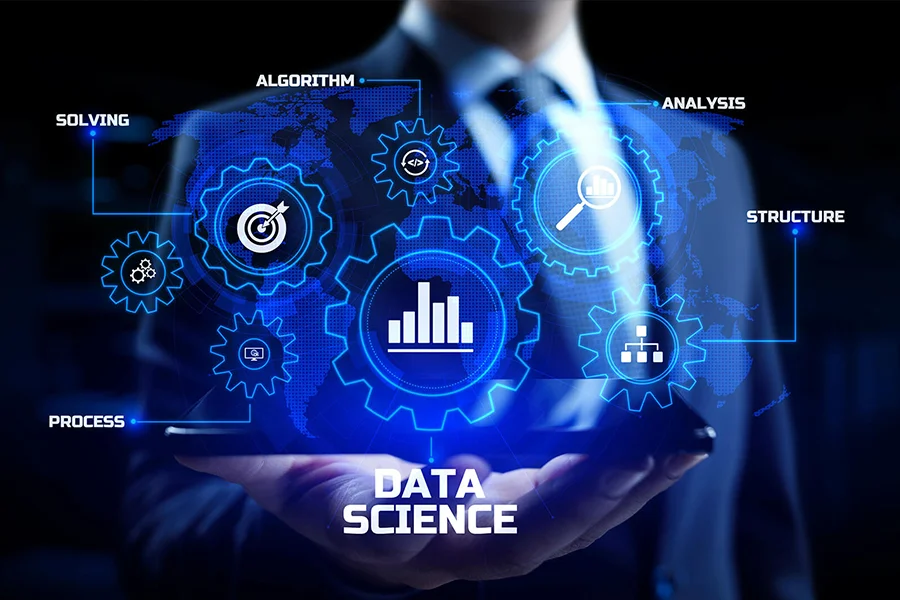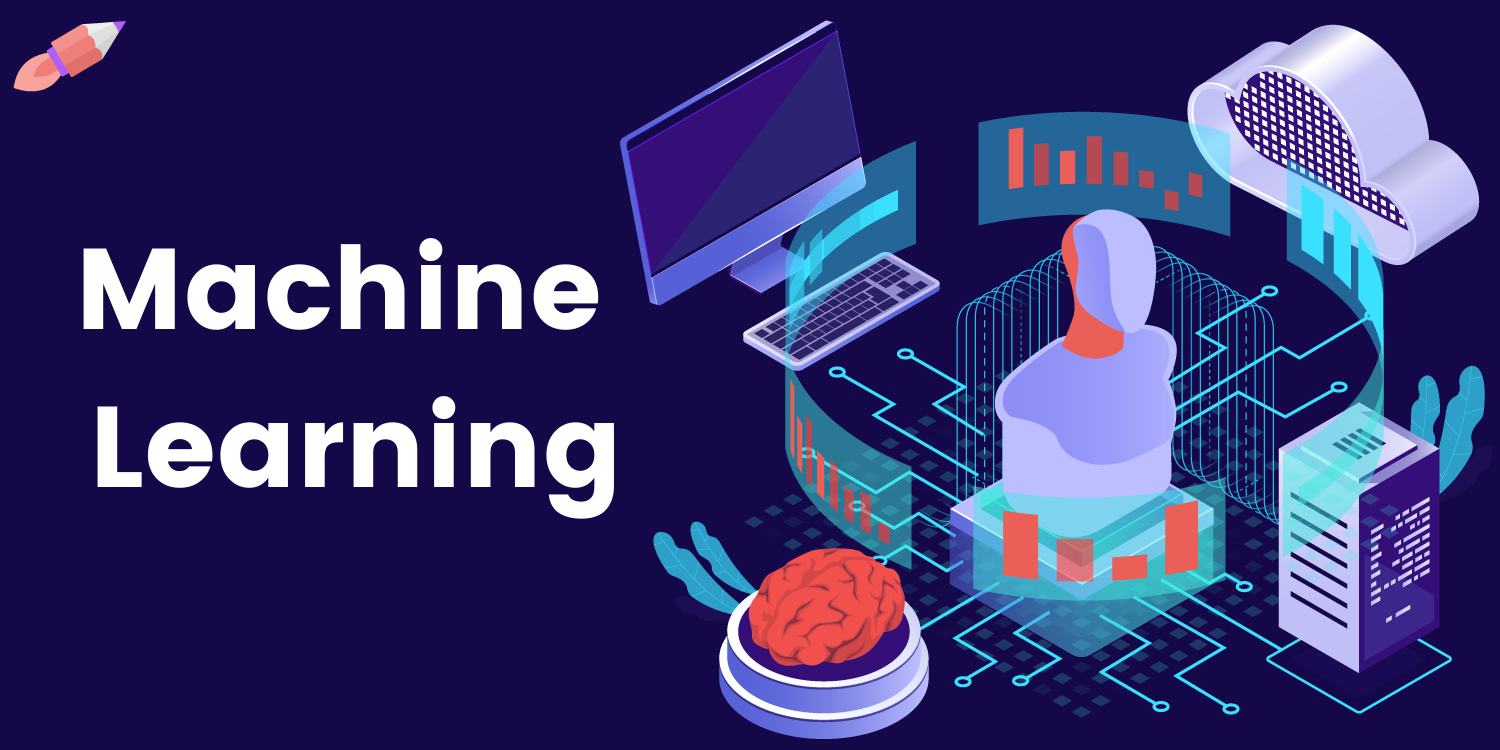Data Science Courses and Degrees: Your Guide to Pursuing a Career in Data Science
Introduction To Data Science Courses:
In today’s data-driven world, the demand for skilled data scientists continues to soar. From analyzing complex datasets to extracting valuable insights, data scientists play a crucial role in decision-making across industries. Pursuing a degree or course in data science can open doors to lucrative career opportunities. This guide explores everything you need to know about data science degrees and courses, from program options to career prospects.
What is Data Science?
Data science is a multidisciplinary field that combines computer science, statistics, and domain expertise to interpret and extract meaningful insights from data. It involves using advanced algorithms, machine learning techniques, and statistical models to uncover patterns and trends that help organizations make informed decisions.
Why Pursue a Data Science Degree?
- High Demand: Data scientists are in high demand across various industries, including finance, healthcare, e-commerce, and more.
- Lucrative Salaries: Data science roles offer competitive salaries due to the specialized skills and expertise required.
- Versatile Skills: Data science equips you with skills in programming, statistical analysis, and data visualization, making you versatile in today’s job market.
Types of Data Science Degrees and Courses
1. Bachelor’s Degree in Data Science
A bachelor’s degree in data science provides a foundational understanding of key concepts in statistics, programming, and data analysis. Typically, these programs cover:
- Introduction to Data Science
- Programming Languages (Python, R)
- Statistics and Probability
- Data Visualization
- Machine Learning Fundamentals
- Database Management Systems
Universities offering bachelor’s degrees in data science often integrate hands-on projects and internships to give students practical experience.
2. Master’s Degree in Data Science
A master’s degree in data science is designed for individuals looking to deepen their knowledge and specialize in specific areas of data science. These programs usually include:
- Advanced Machine Learning
- Big Data Analytics
- Data Mining Techniques
- Natural Language Processing
- Cloud Computing for Data Science
- Capstone Projects or Thesis
Many universities offer online master’s programs in data science, providing flexibility for working professionals.
3. Ph.D. in Data Science
A Ph.D. in data science focuses on research and academic exploration of advanced topics in data science. Ph.D. programs typically involve:
- Research Methodologies in Data Science
- Advanced Statistical Analysis
- Deep Learning and Neural Networks
- Data Ethics and Privacy
- Dissertation Research
Ph.D. graduates often pursue careers in academia, research institutions, or leadership roles in industry.
Online Data Science Courses and Certifications
In addition to formal degrees, there are numerous online courses and certifications that cater to individuals looking to enhance their data science skills or switch careers. Popular platforms offering data science courses include:
- Coursera: Offers courses from top universities like Stanford and Johns Hopkins University.
- edX: Provides courses in collaboration with MIT, Harvard, and other prestigious institutions.
- Udacity: Known for its nanodegree programs in data science and machine learning.
- LinkedIn Learning (formerly Lynda.com): Offers a wide range of data science courses on various topics.
These online courses are typically self-paced and cover a range of topics from introductory to advanced levels, allowing learners to customize their learning path based on their interests and career goals.
Career Paths in Data Science
A data science degree opens doors to diverse career paths, including:
- Data Scientist
- Data Analyst
- Machine Learning Engineer
- Business Intelligence Analyst
- Data Engineer
- AI Research Scientist
Industries hiring data scientists include finance, healthcare, retail, technology, and more, offering opportunities for growth and specialization.
Choosing the Right Data Science Program
When choosing a data science degree or course, consider factors such as:
- Accreditation and Reputation of the Institution
- Curriculum and Specialization Areas Offered
- Faculty Expertise and Industry Connections
- Flexibility (Full-time vs. Part-time, Online vs. On-campus)
- Career Services and Alumni Network
Researching and comparing programs can help you find the best fit based on your educational background, career aspirations, and personal preferences.
Conclusion:
In conclusion, pursuing a data science degree or course can be a rewarding investment in your future career. Whether you’re starting your journey in data science or looking to advance your skills, there are various educational paths to consider. Explore different program options, assess your career goals, and take advantage of the resources available to embark on a successful career in data science.
For more information and guidance on choosing the right data science program, feel free to contact us or explore our resources on data science education.




Post Comment